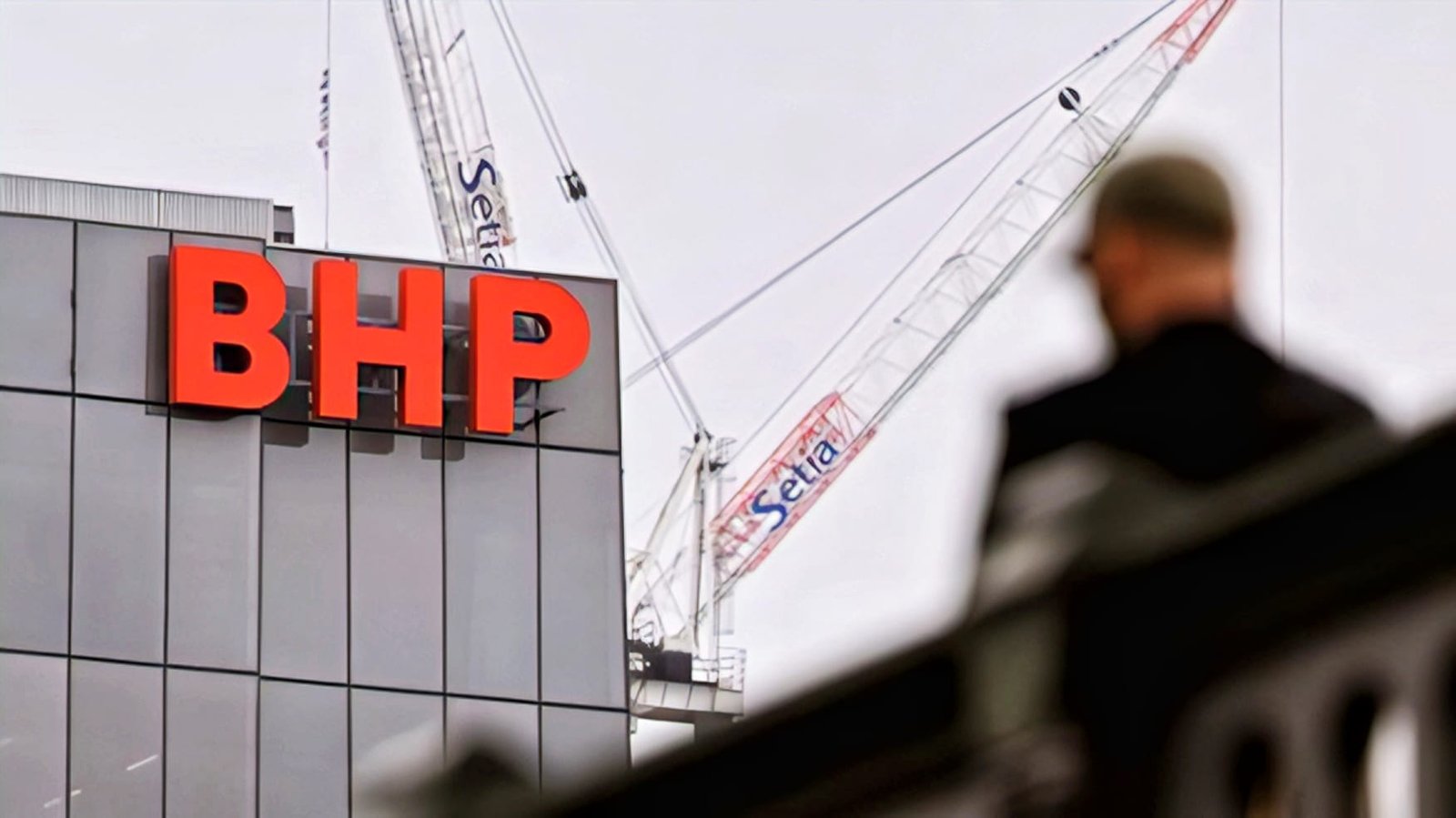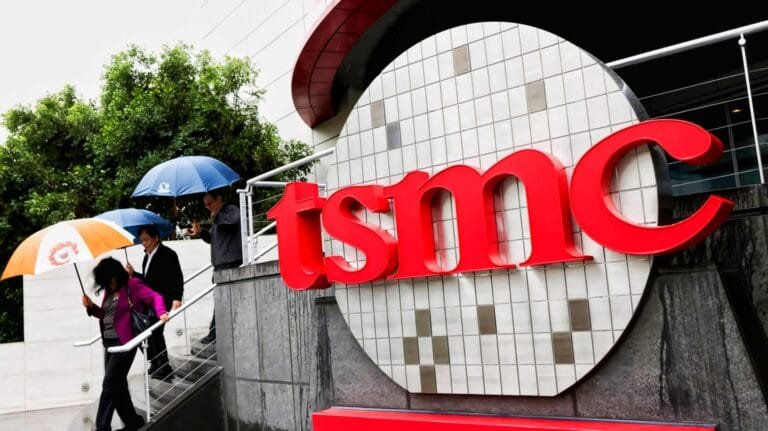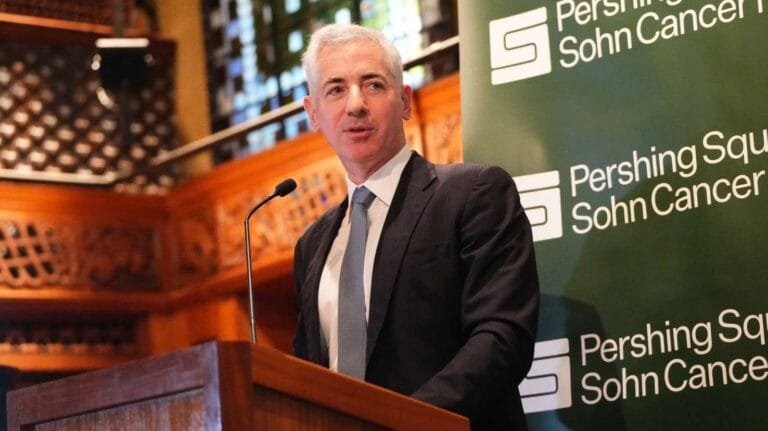
BHP and Anglo American logos shown during takeover discussions.
BHP Anglo American takeover: A Look
BHP is an Australian company. It extracts iron ore, copper, and coal. Headquartered in Melbourne, BHP is the world’s largest copper producer, producing 2 million tons of copper in 2025. Anglo American is a British company. It deals in diamonds, copper, and platinum. Anglo owns De Beers, a major diamond brand. Both companies are strong in the copper market. Copper is essential for electric vehicles and renewable energy, and acquisitions are common in the mining industry. Companies want to expand, but face regulatory hurdles. Countries like South Africa protect national assets, which is why this is the second time BHP has been involved in a bid. The first time was in May 2024. BHP had made a $49 billion bid, but Anglo rejected it. They tried again in 2025, but backed out after negotiations. What are the reasons? Let’s dive into the details.
The Story of the Previous BHP Anglo American takeover Attempt: 2024
In May 2024, BHP made a bid for Anglo. The amount was $49 billion. This was to expand its copper reserves. Anglo declined multiple times, citing valuation and asset sales. Anglo would have had to sell its Kumba Iron Ore and De Beers, but it wasn’t ready. BHP conceded defeat after a five-week battle. Markets fluctuated, and Anglo’s shares fell, but they later recovered. This attempt raised questions about BHP’s strategy, as well as the new attempt: What Happened in 2025? In November 2025, BHP approached again. The news broke on November 23rd. Initial discussions took place, and BHP believed the partnership would create value. However, the announcement came on November 24th. BHP withdrew. The company stated, “We will not combine with Anglo, citing confidence in our growth plan.” BHP stated that the plan is strong and preferable to an acquisition. Despite this, there was no statement from Anglo. However, Anglo is merging with Teck Resources, a $60 billion deal. A vote will take place in three weeks.
Regulatory hurdles are the main reason for the withdrawal.
The primary reason is regulatory issues. South Africa blocked foreign control of De Beers, which is a national asset. BHP’s proposal was unacceptable. Other issues include: responsibility for the old tailings dam. Environmental risks exist. Cleanup will be costly. Asset retention policies are unclear. Local control is needed. Nevertheless, BHP offered social benefits in its revised proposal for 2024, but that hasn’t worked. South African regulators are strict. Foreign companies remain wary. Furthermore, BHP’s growth plan focuses on copper, which BHP is now emphasizing. This is organic growth, internal growth, rather than acquisitions. Copper is the primary target, but the company will increase production from 1.7 million tons to 2.5 million tons.
At Olympic Dam Investment on BHP Anglo American takeover
BHP invested $555 million in Olympic Dam, South Australia. This will increase copper production. The project commenced operations in 2025. This will double capacity. The company is also investing in renewable energy. The largest copper deal in South Australia is the Prominent Hill expansion, which is underway at Prominent Hill. Shaft sinking is complete. Hoisting work remains. Progress will continue in the fourth quarter of 2025. This will stabilize production, despite the Escondida project and other projects, including the Escondida expansion in Chile, the world’s largest copper mine. BHP sold small assets in Brazil, receiving $465 million. The money will be used for new projects and development in four strategic basins. Exploration is the focus. Copper exploration was strong in 2025. Reserves are sufficient for 27 years.
Discussing the scale of the investment,
BHP will invest $11 billion annually in copper in 2026-27. $10 billion annually from 2028. This will promote electric vehicles and renewable energy. The company’s goal is sustainability. Environmental focus, coupled with market reaction, led to mixed signals. BHP shares remained stable. Anglo shares fell slightly. Analysts said the acquisition was complex. RBC’s Ken Pecker said such opportunities are rare. However, it is a complex acquisition for BHP, as copper prices are high and demand is growing. Failure to acquire will maintain competition and impact the mining industry, which could transform the industry. An Anglo-Tech merger would create a copper giant, valued at $60 billion. BHP would remain independent, but its plan would strengthen it. Countries like South Africa would strengthen their regulators. Foreign acquisitions are difficult. Environmental issues are key. Tailings dam cleanup is necessary, strengthening the supply chain in the copper market. Benefiting from the electric vehicle boom. BHP’s organic plan is a model for the industry.





